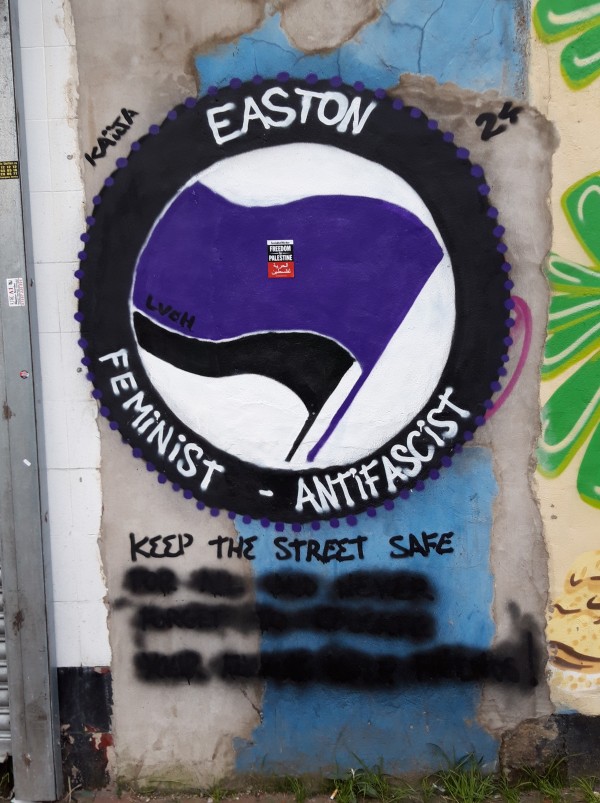 A couple from the Maine-et-Loire region has been summons to appear in court for having named their son Fañch, a traditional Breton name with a tilde (which equates to François in French. Ed.), French broadcaster France 3 reports.
A couple from the Maine-et-Loire region has been summons to appear in court for having named their son Fañch, a traditional Breton name with a tilde (which equates to François in French. Ed.), French broadcaster France 3 reports.
The tilde (~) is a diacritic whose use is not permitted in birth, death and marriage certificates in France, despite its existence in Breton, the traditional regional language of Brittany.
The couple have been summonsed to appear before the family court in February for their choice of first name for their son, who was born last summer. The registrar at the maternity hospital had warned the parents that the spelling of Fañch could pose a problem, but they stuck by their decision. The mother is of Breton descent.
The public prosecutor’s office in Angers has now initiated proceedings to ask the judge to remove the first name Fañch from the birth certificate and to give the child another first name minus the tilde, with or without parental consent. The public prosecutor is using a circular of July 23 2014 as the legal basis for his action. This circular lists the diacritics such as the cedilla, grave and acute accents and diaeresis authorised for use on civil registration documents.
“We’ve been told we are not taking the best interests of our child into account,” said the mother. “That’s harsh. Just because of a tilde, it’s implied that we’re bad parents.”
Strange first names often mocked
In its summons the Angers public prosecutor’s office recalls that “The civil code provides that “the child’s first names are chosen freely by its father and mother”, but with the child’s best interests as a limit”.
First names have often been banned because they were likely to give rise to ridicule. Thus the parents of little Titeuf, Fraise, Nutella, Mini-Cooper or the Babord and Tribord twins have had to amend their children’s birth certificates.
First names intended to pay homage to the parents’ idols – e.g. “Griezmann-Mbappé” or “MJ” in reference to Michael Jackson – have likewise been censured, then censored.
Fañch, a traditional Breton first name
The problem of the tilde in Fañch is different, because in several cases the courts ultimately ruled in favour of the parents who had chosen this traditional Breton first name. Thus, one little Fañch who was born in Quimper in 2017, finally saw the Court of Appeal rule in favour of his parents after a legal case lasting over two years.
Politicians and civil society organisations swung into action citing the European Court of Human Rights affirming that “the choice of first name has an intimate and emotional character and consequently belongs to the realm of private life.”
The cultural council of Brittany has also commented, rejecting the argument that the “ñ” is a foreign character since it has been used “for centuries in Latin, French, Gallo, Breton and Basque and is not an exclusive feature of Spanish”.
A long battle before the courts, parliament and the Constitutional Council
In February 2020, a parliamentary report drew up a list of diacritics used in regional languages such as Breton, Tahitian, Alsatian, Corsican or Creole, recommending in particular use of the tilde be permitted to “clarify the current situation and to definitively thwart any refusals which could opposed parents’ legitimate requests for recognition of the integrity of their name or the first name that they have chosen to give to their child be respected.”
The provision was then rejected by the Constitutional Council which thought this would be tantamount to giving individuals “a right to use a language other than French in their relations with public sector organisations and public services.”
The proceedings initiated against the couple from Maine-et-Loire will therefore mark a new skirmish in this long battle.
France is one of a handful of countries in western Europe not to have ratified the Council of Europe’s European Charter for Regional or Minority Languages.





 Version 122 of the free and open source Firefox web browser was released last week and duly reported by the tech media, including
Version 122 of the free and open source Firefox web browser was released last week and duly reported by the tech media, including 


 A couple from the
A couple from the